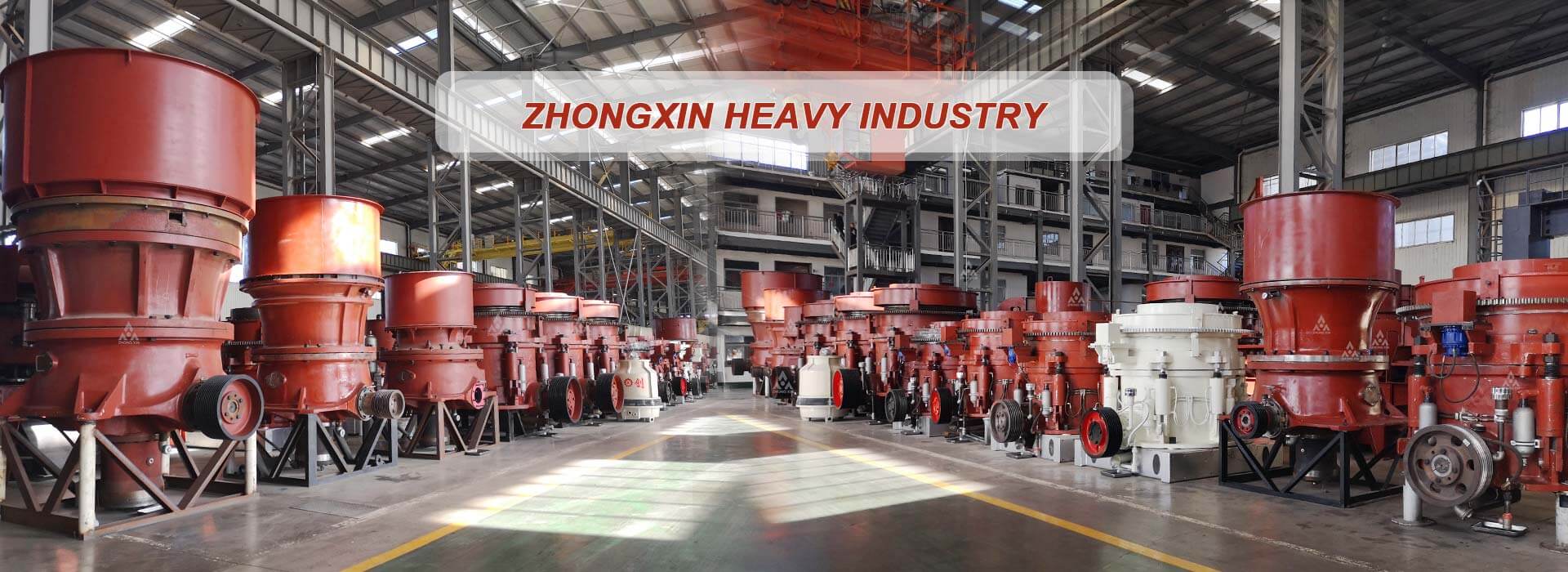1. Hydraulic cone crushers utilize hydraulic protection and hydraulic cavity clearing, making maintenance easy and reducing downtime. This significantly reduces the need for manual discharge required by traditional spring cone crushers.
2. Hydraulic cone crushers have an iron prevention device. If debris enters the cavity, the device automatically releases it and immediately resets, without affecting normal operation.
3. Hydraulic cone crushers utilize the lamination crushing principle, leveraging the crushing action between the stones to reduce wear on the machine and produce smooth, rounded flakes, eliminating the problem of needle-like flakes in cone crushers.
4. Hydraulic cone crushers use hydraulic discharge, making them less prone to clogging. If a blockage occurs, simply adjust the hydraulic system operating valve, allowing for maintenance without stopping the machine. Spring crushers, on the other hand, are prone to material blockage, requiring production to be shut down for repair.
5. Hydraulic cone crushers use a sealing cartridge to prevent dust, making operation more reliable. Spring cone crushers use a water seal, which can easily cause oil-water mixing and result in poor lubrication.






 Leave Message
Leave Message Chat Online
Chat Online











